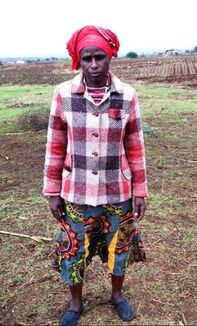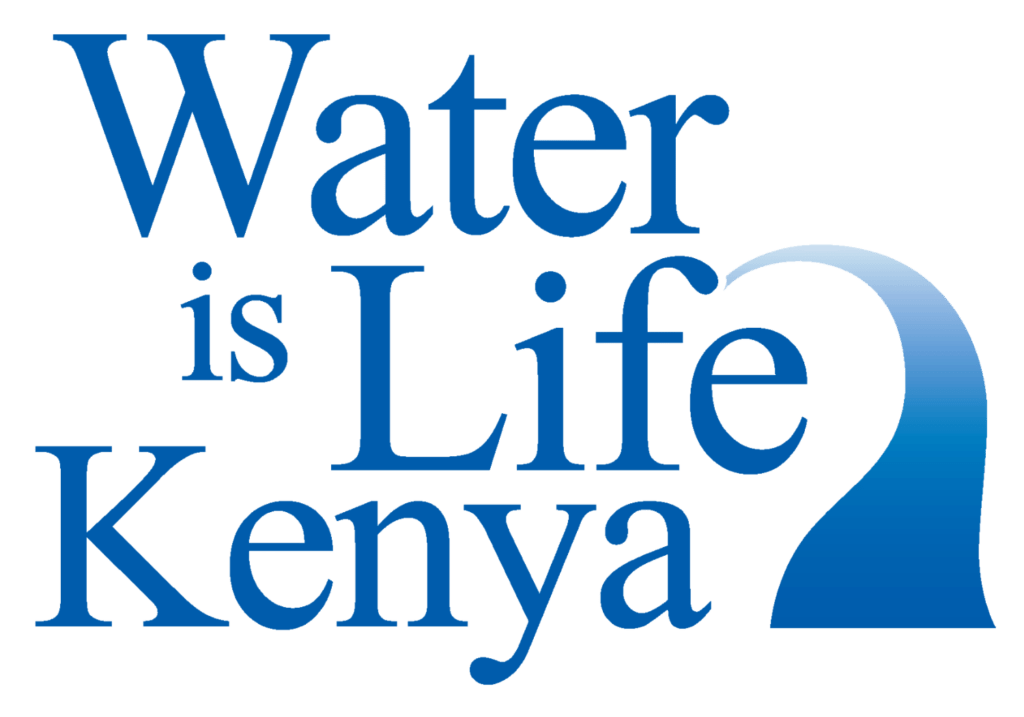Background of Hope for Widows
There has been a major change in land use law in Kenya. The historic communal land ranches for the Maasai tribe (similar to Indian Reservations in the US), called Group Ranches, no longer have legal status. Many of Water is Life Kenya’s projects are located in Group Ranches. The change in the law has forced each Group Ranch to subdivide its land among registered members. Under the new land subdivision plans, and in order to be able to claim their allocated land parcels, members are required to pay a fee for land surveying costs and paperwork. This fee has proved too much for poor Group Ranch members, especially widows.
This buried inequity became evident to Water is Life Kenya because of our many projects in Olgulului / Ololarashi Group Ranch and our close relationship with community members. WILK promotes gender equity and women’s empowerment through our clean water / WASH, Livestock as a Business and Beaded Handicraft Programs. We learned that these widows stood to be completely disenfranchised due to their inability to pay the fees. We saw the imminent danger of their chasm of poverty being dug deeper, since they would miss out on obtaining this valuable asset.
In fact, we had been observing that the applicant groups to our LAB program don’t include many widows or other extremely poor women. We realized that they have a hard time joining groups because of their inability to pay the membership fees (set by the groups themselves and not particularly high, but unattainable for most of these widows).
Through a generous and caring donor, we were able to pay the fees for 40 widows and their families to secure their rightful land asset. As we collected basic information from these women, the reality began to emerge of the huge burdens these women carry due to lack of resources.
Securing their land was a huge boost to them, but, in fact, they have many needs – reliable income for food, clothing, and school fees. They are under immediate pressure to sell the land for cash to the land brokers circling like starving hyenas.
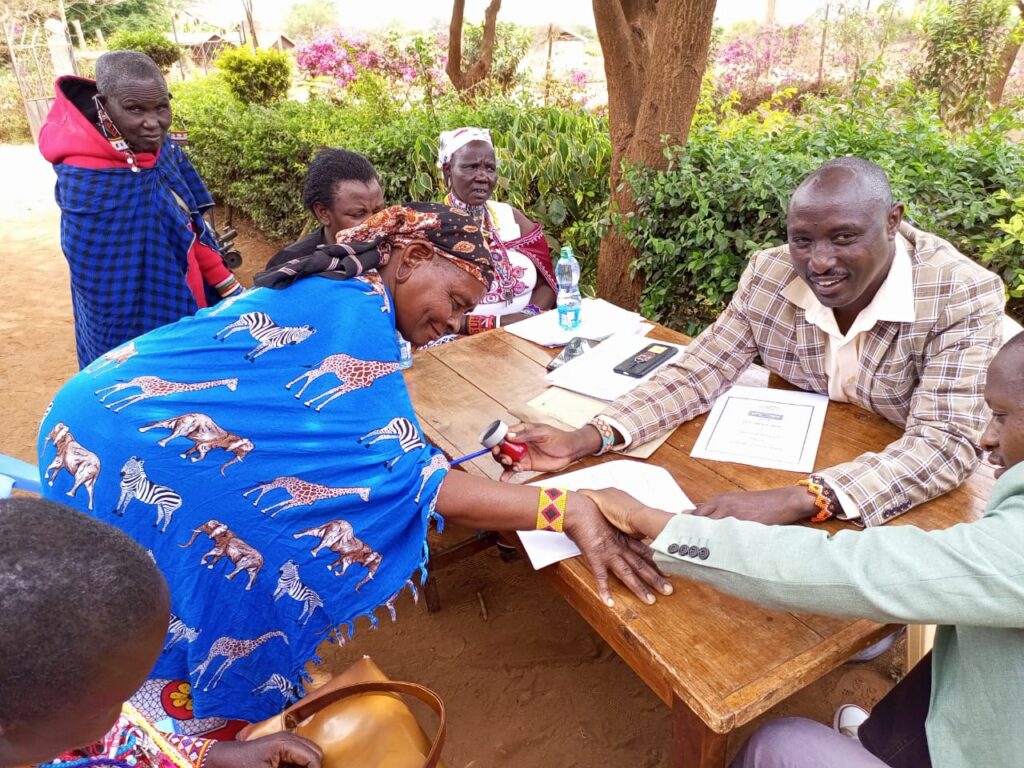
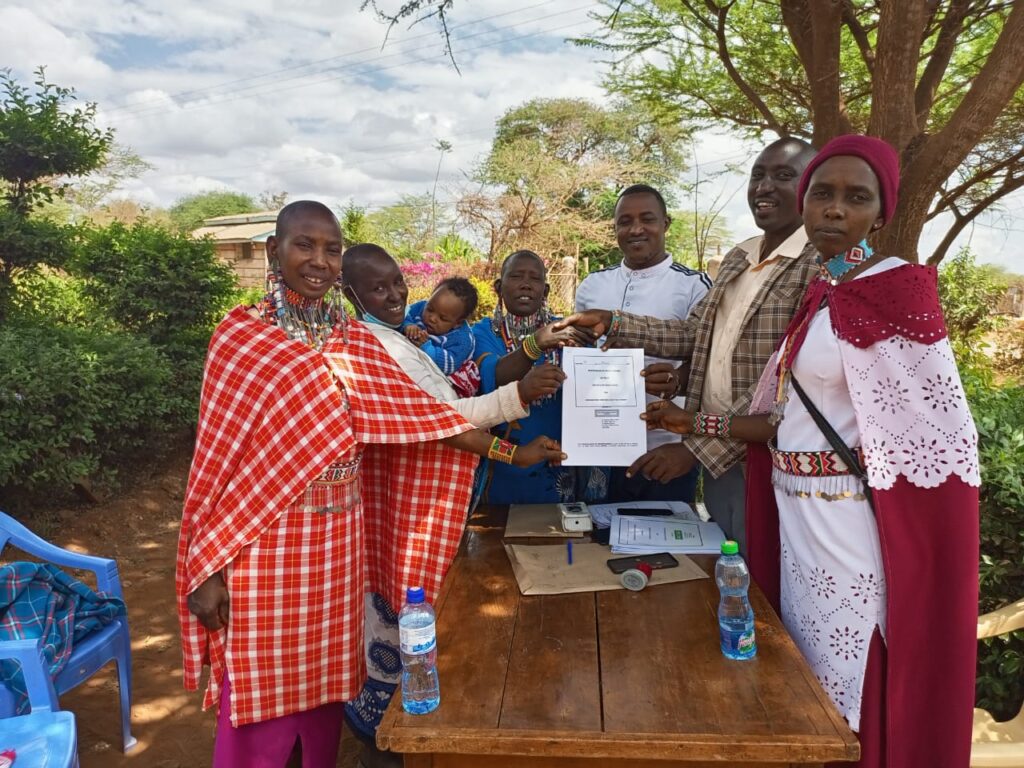
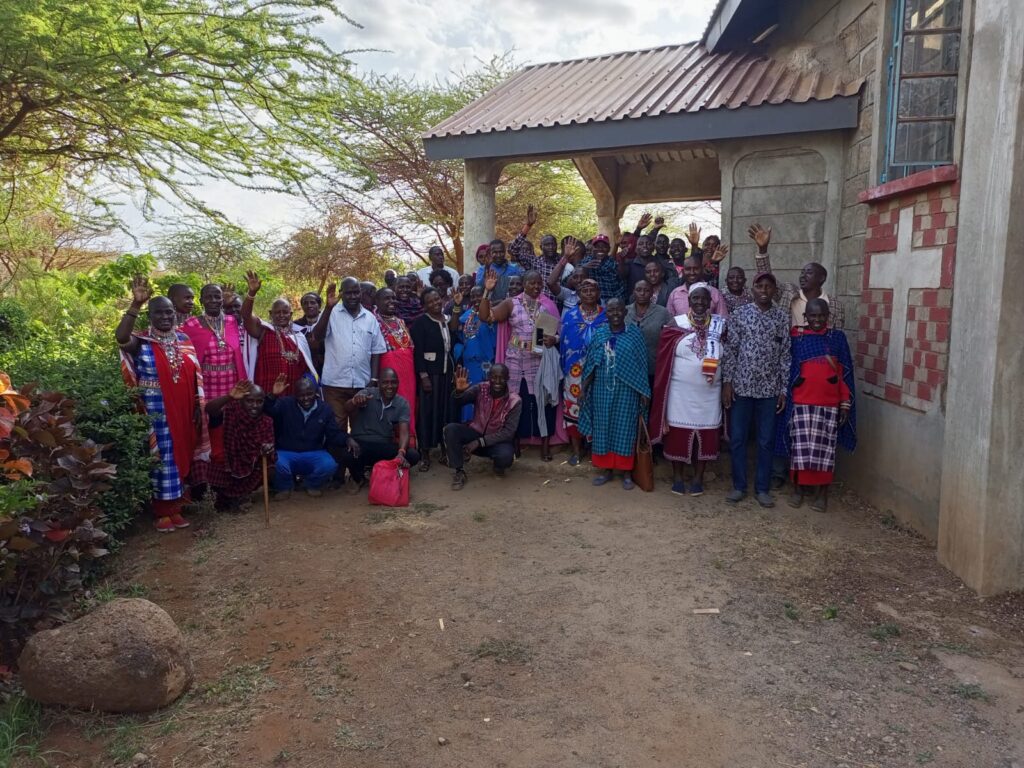
The Program
To address this we are piloting the “Hope for Widows” program under our Livestock as a Business (LAB) Program. In addition to the adapting the LAB curriculum to address the specific needs of the widows, WILK will provide them seed capital to get a jump start on economic empowerment through a livestock business, so they can propel themselves from survival into meeting their families’ basic needs and build a new level of financial freedom.
This new program is a perfect example of how our Livestock as a Business program is able to expand and replicate not only within our current project area in the Maasai heartland, but also elsewhere. The program format of working with groups of 15-20 individuals who know each other, learn together and share the responsibility of cow care and loan repayment from purchase to sale has proven successful. This full cycle of the LAB program takes 13 months and can easily be adapted for other indigenous populations, according to their values and economic resources. Groups can continue in the LAB program for up to 4 years, with years 2-4 including supplemental training, field trips, the livestock loan and the provision of incentives for implementing drought control strategies like grass management and forage conservation.
Needs Assessment
Water is Life Kenya conducted a needs assessment survey and interviewed 18 widows from the Kajiado County, southern Kenya. They live in our project area, specifically in Olgulului Group Ranch. Below is a summary of those questionnaires.
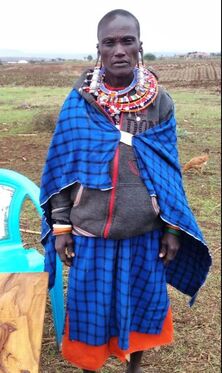
Summary Report of Widows Questionnaires
Total Number Surveyed:18
Age Range: 20 – 55, with the average being 42 years of age.
Location of Widows: Mt. Kilimanjaro Highlands and Amboseli, Kenya
Education level: 17 out of 18 completely illiterate. Only 1, the 20 year old, went to the 8th grade.
Number of years widowed: average is 11 years, 1 in her first year of widowhood and 2 have been widowed for 20 and 21 years respectively. Six of the women are not actually widows, but their husbands not providing for their families due to disability, alcoholism, or general neglect / weakness.
Average Number of Children: 6
Education level of widows’ children: of the women’s 94 surviving children, 93% of girls and 82% of the boys have reached age appropriate levels of primary and secondary education. So far, no tertiary education has been reached.
- Note: This is a remarkable achievement for these women and is solid evidence of their sacrificial embrace of development of the next generation through education. It also shows that when decision is made that something is important and the momentum is there, with a lot of mutual support, people surge forward.
Income Sources:
- Livestock Assets owned:
- Cows – avg. is 1.7 (one has 10 cows and 8 have 0 cows)
- Sheep – avg. is 1.5
- Goats – avg. 2.2
- Donkeys – 0
- Farming – this is either seasonal income that comes through day laborer work or from their own small farm harvest.
- Mixed Farming (crops and livestock) (how many do this? All or some)
- Tourism – women living in the Amboseli area, near Amboseli National Park, sell beadwork to the tourists. This business has disappeared since the Covid-19 Pandemic.
Income security: All except for 1 say their income has dropped in the past year.
Monthly Income: range is between – $20 per month. For women who are farmers, they report getting money at harvest time ($100 after 4 months).
Major Challenges: All said feeding their families is a major challenge, along with keeping their kids in school and buying clothes.
Type of Financial Intervention that would be most helpful to them (Choices were: Loan, Grant, or Grant of Goats): 9 said grant of goats, 7 said grant, 1 said she only wanted help for her sick daughter.
Psychological / Cultural Challenges: They face marginalization and loss of status when they lose their husbands.
Important Observations: They love their children fiercely and are determined to educate them with whatever scarce resources they have and at great personal sacrifice.
Hope for the Future: They put all their hope in their children. That the sacrifice of educating their children will pay off in their children supporting them in future, when they have gotten jobs.
